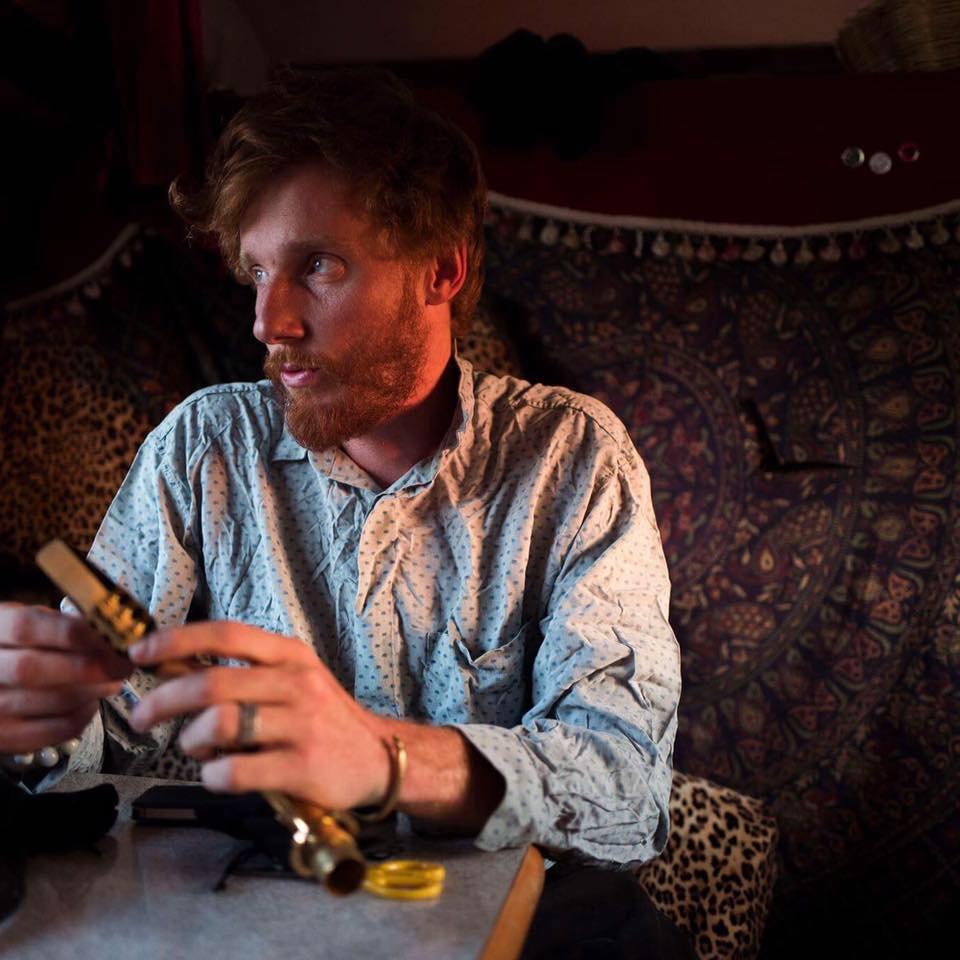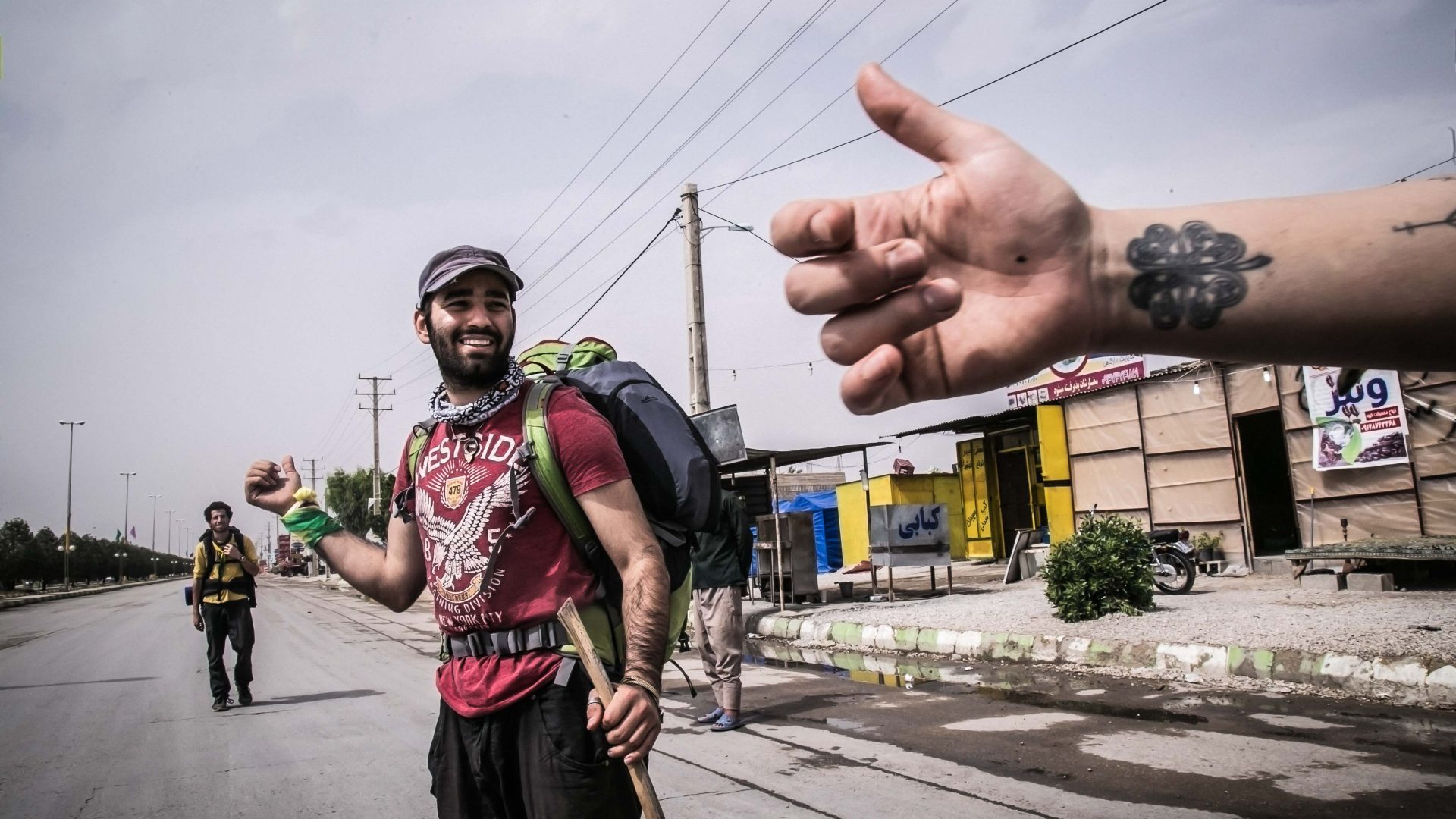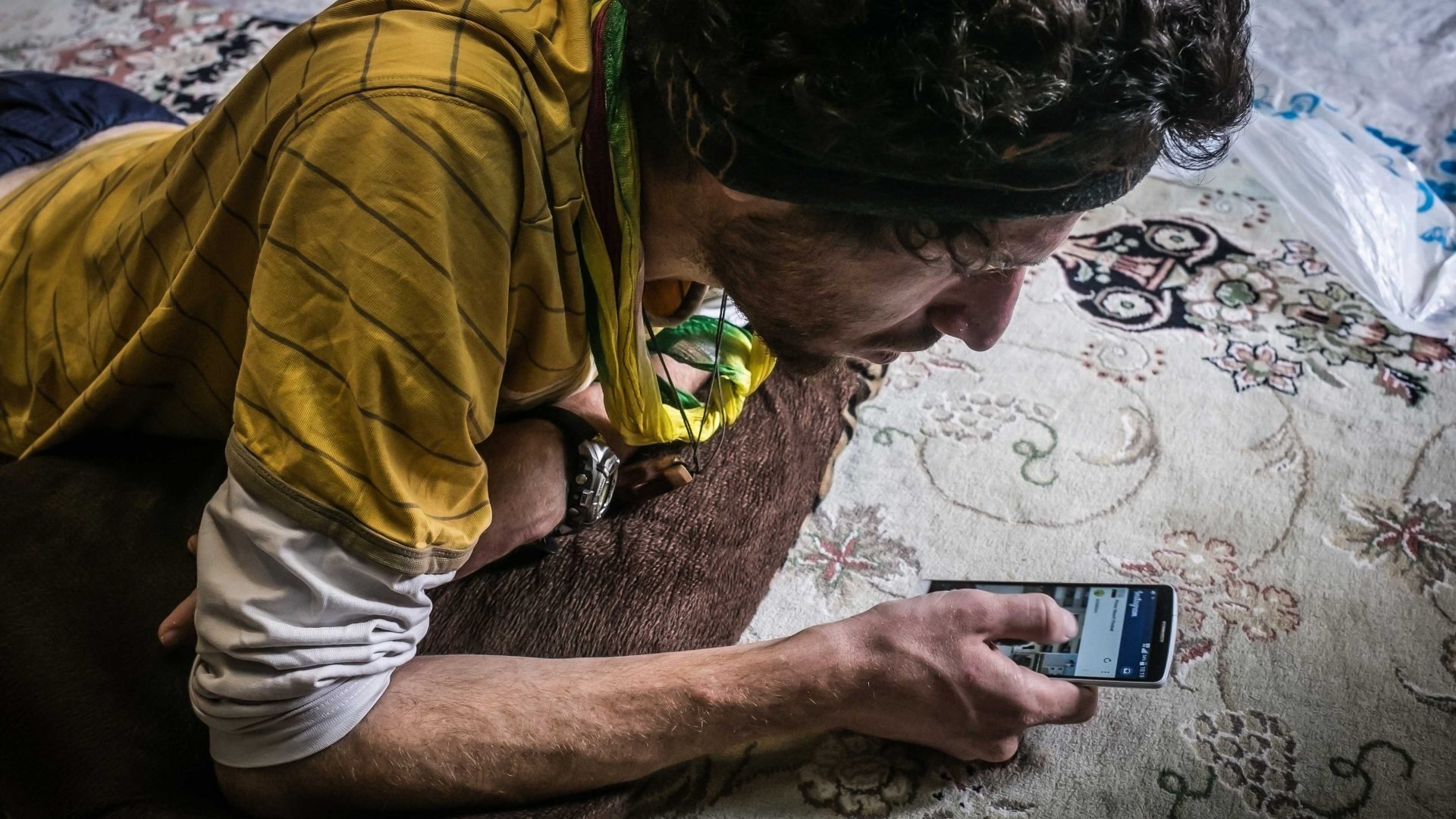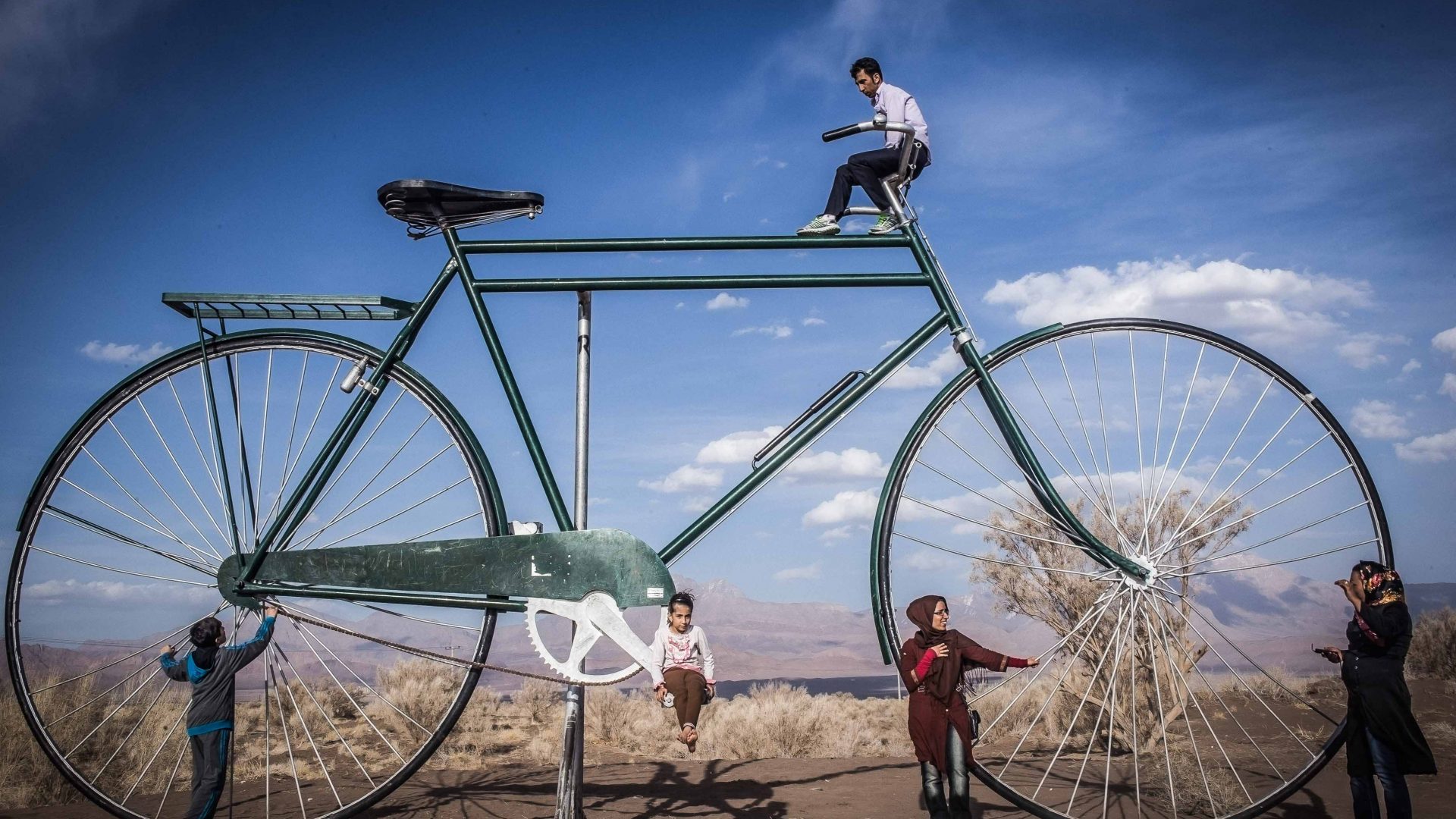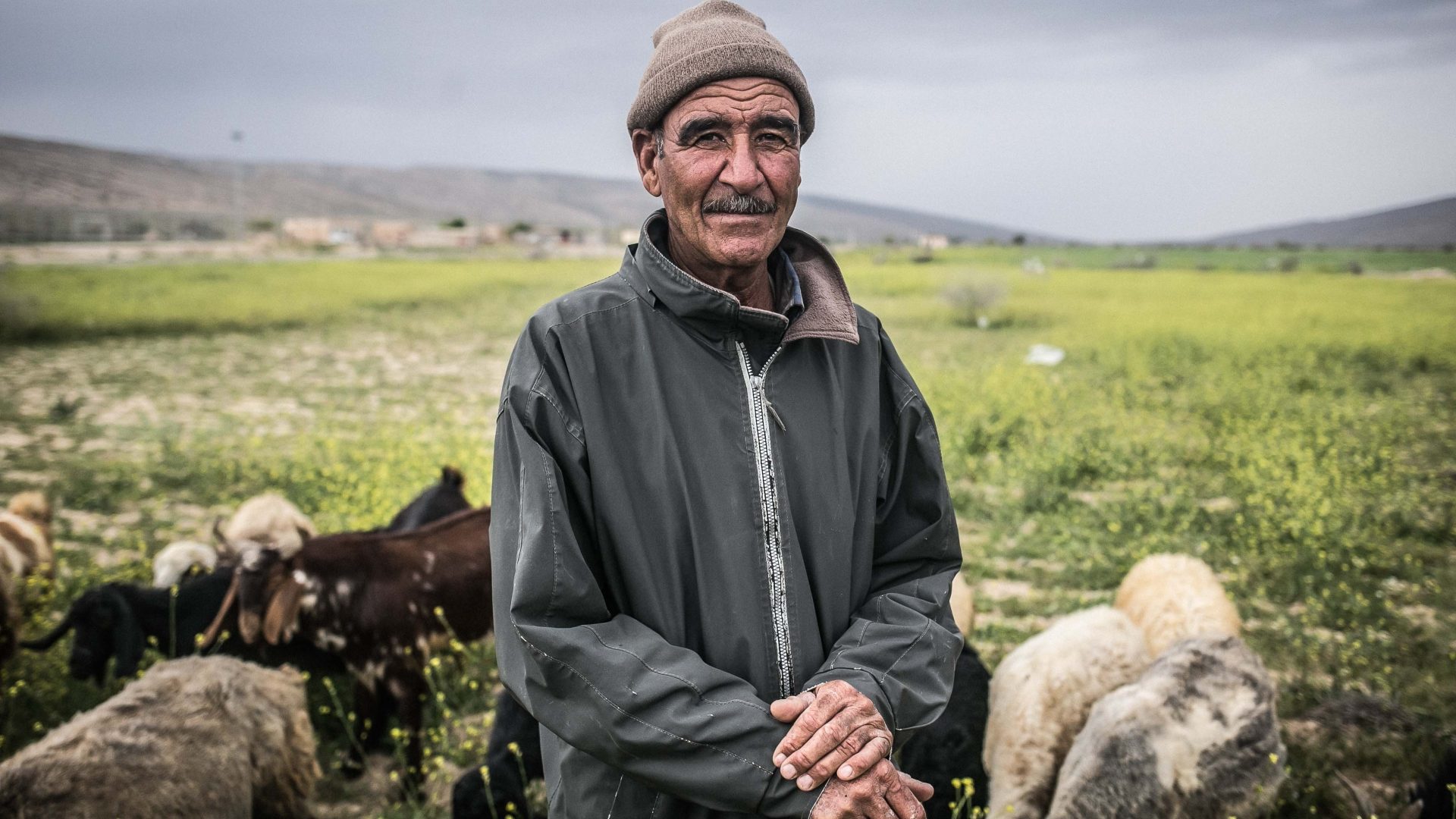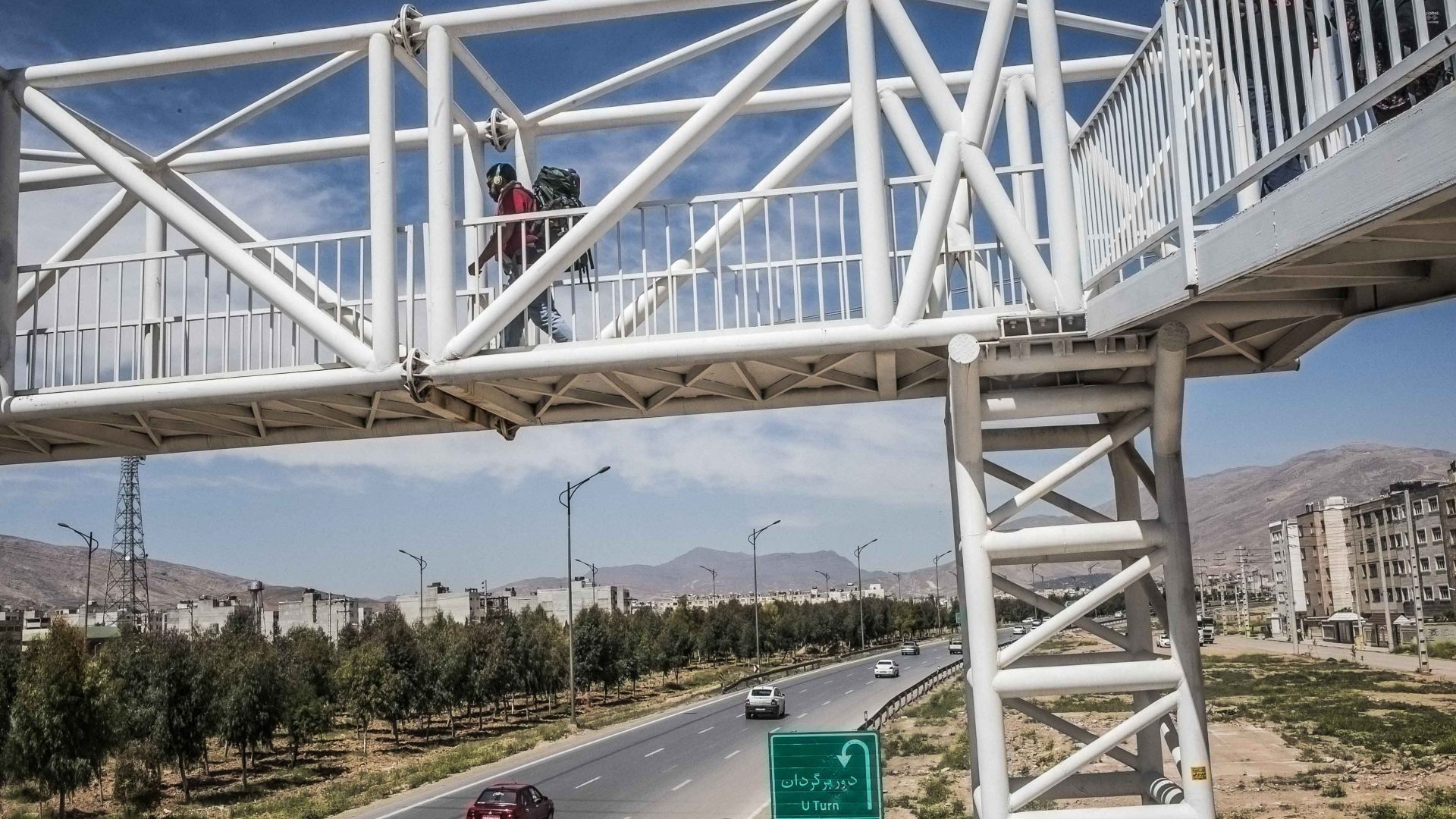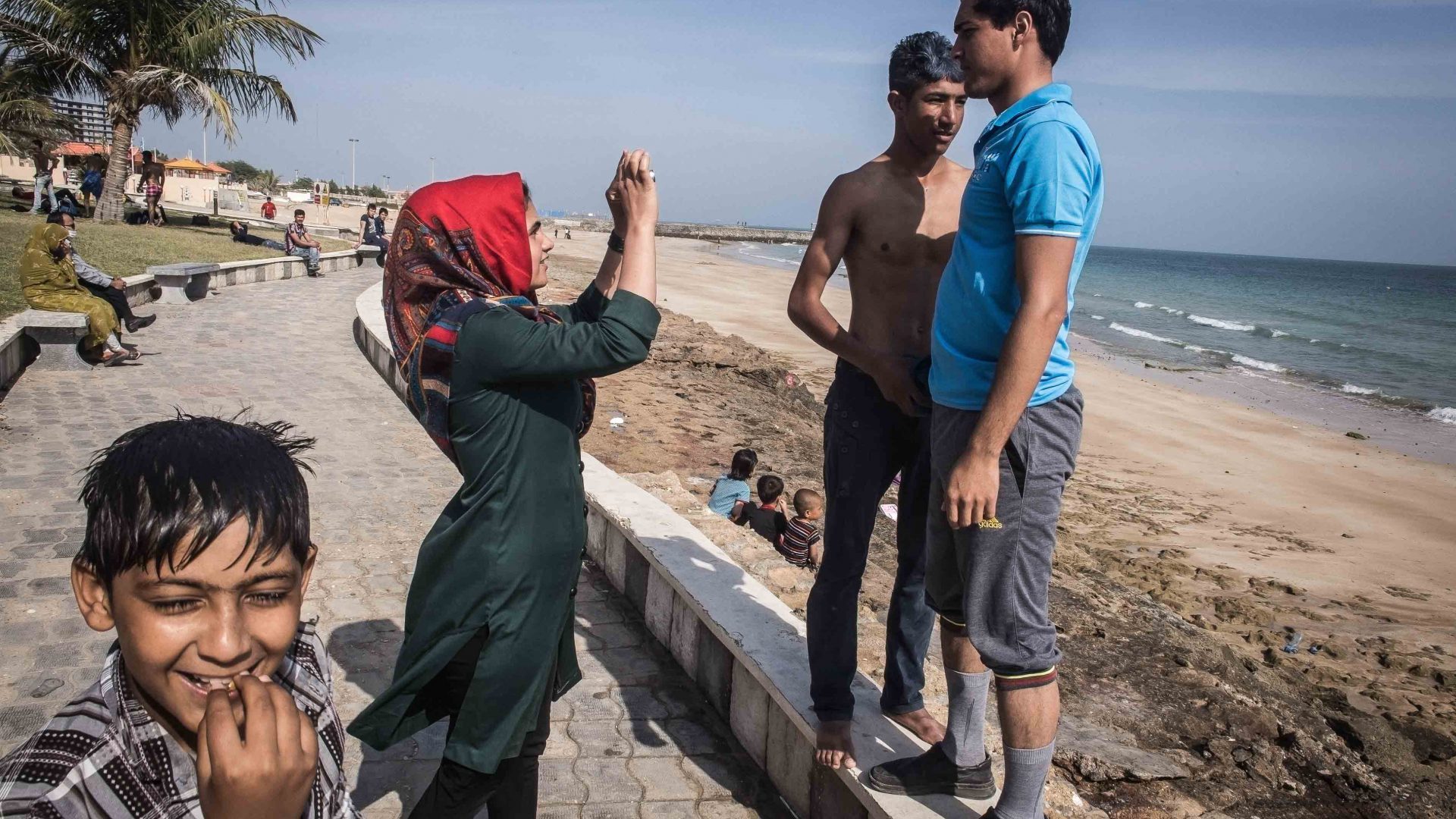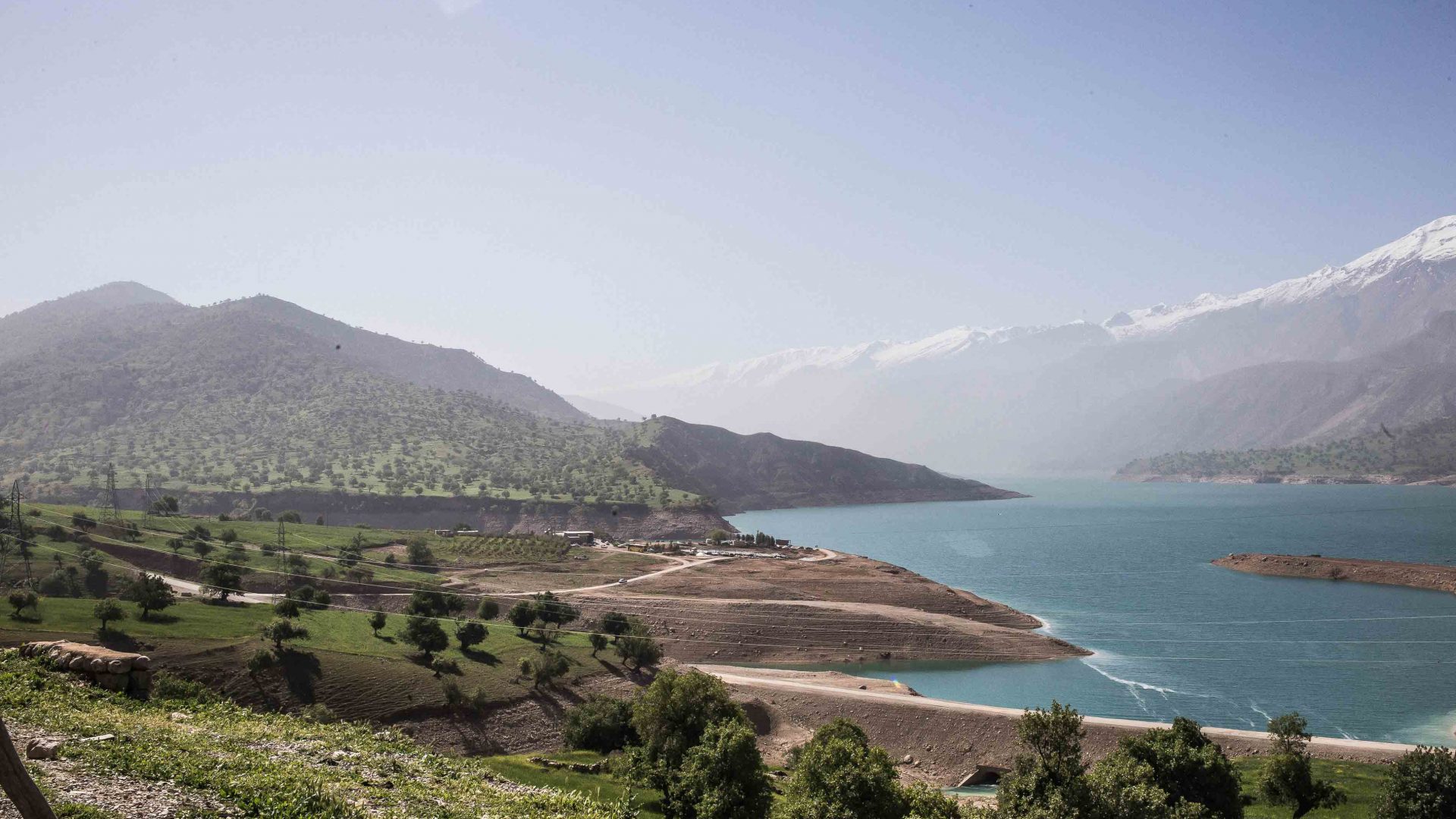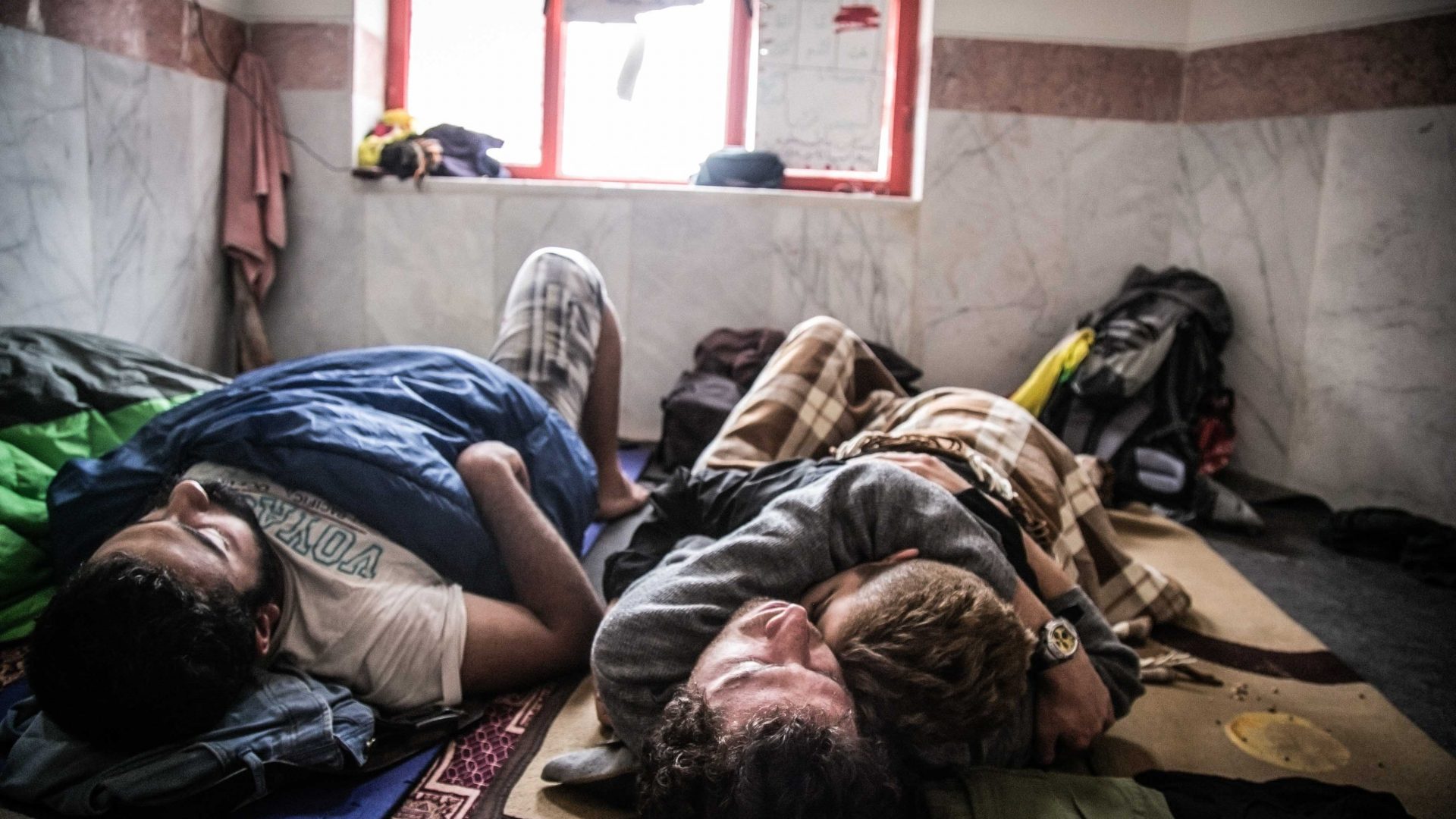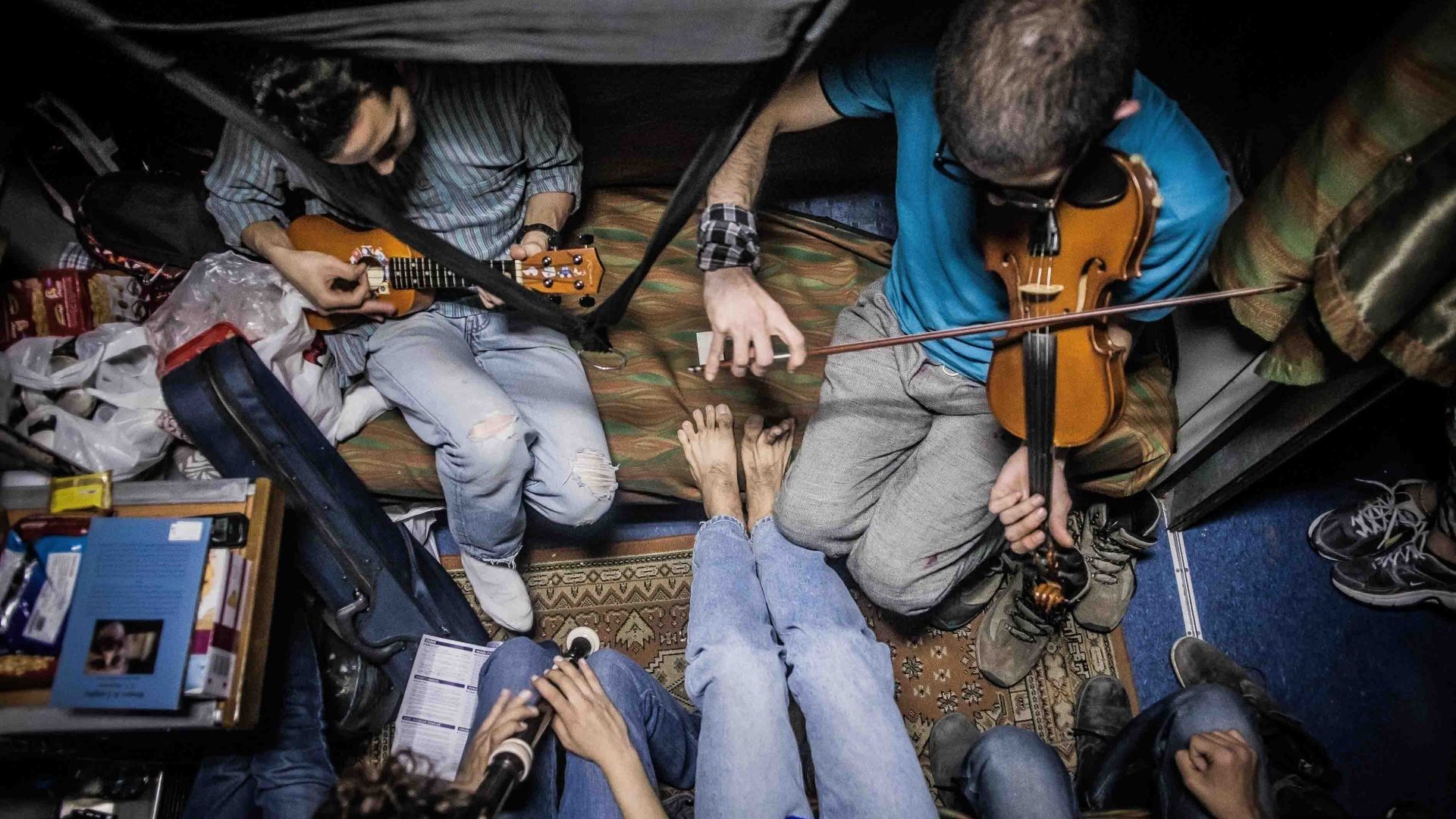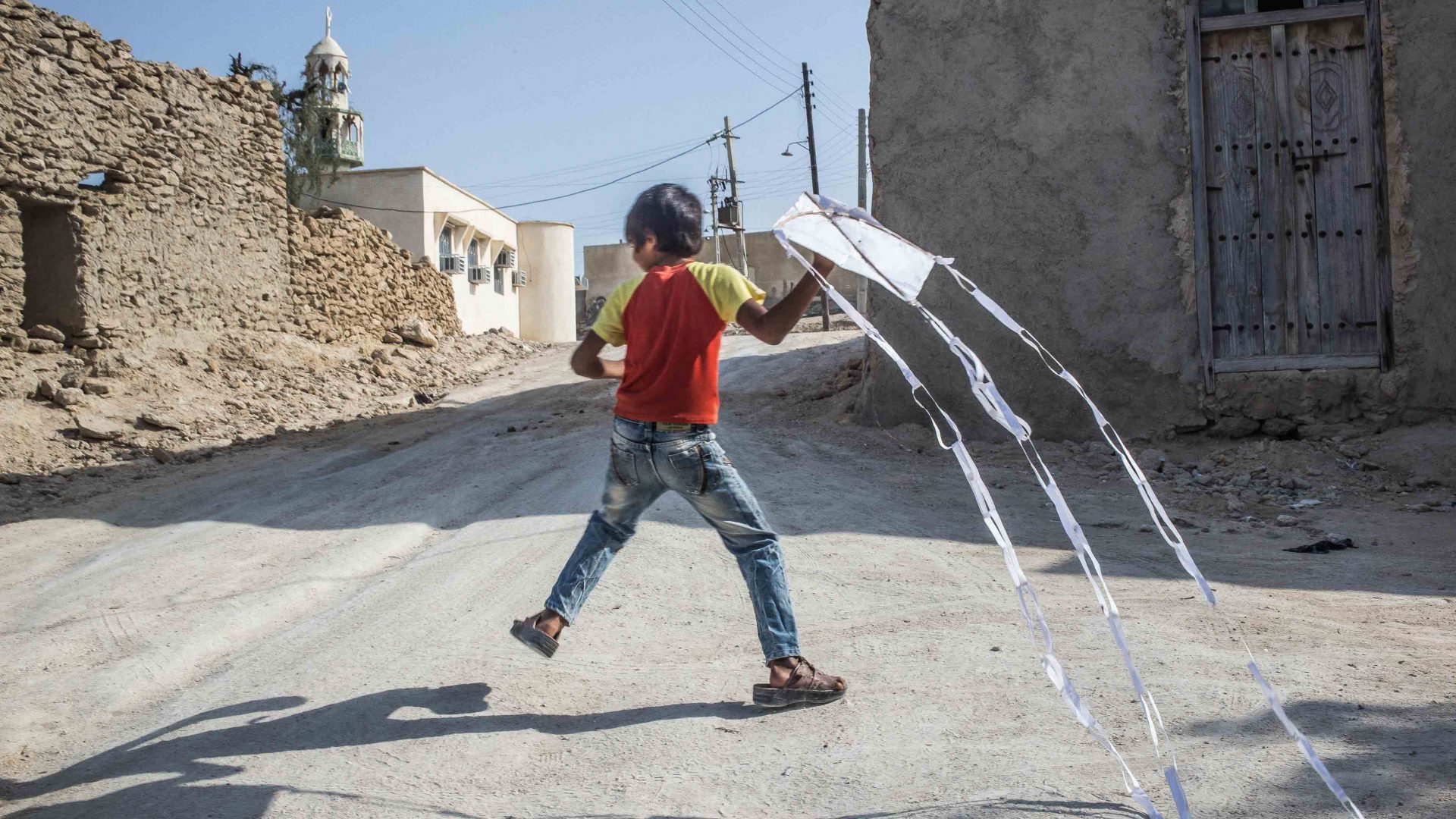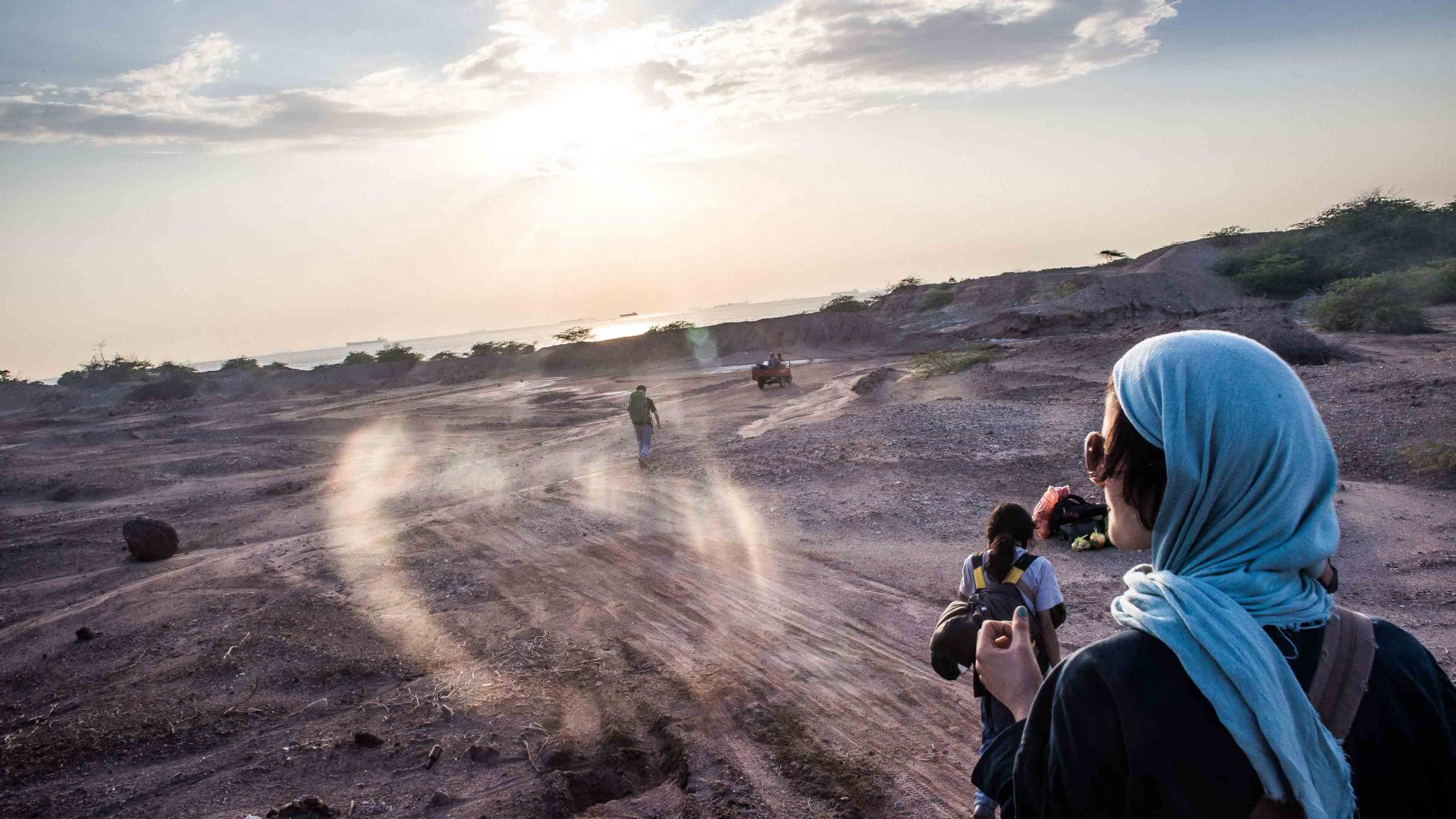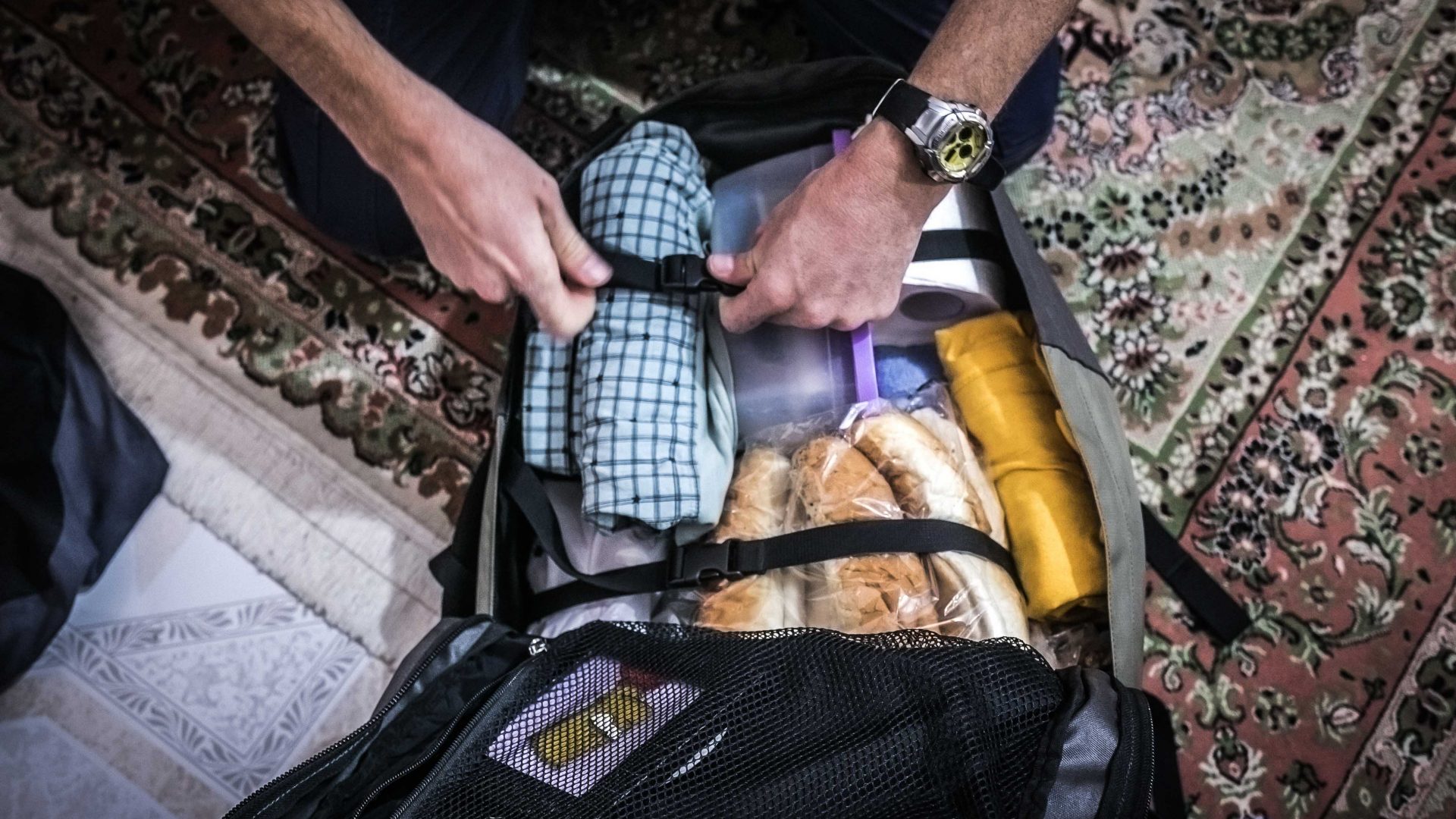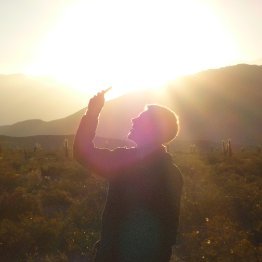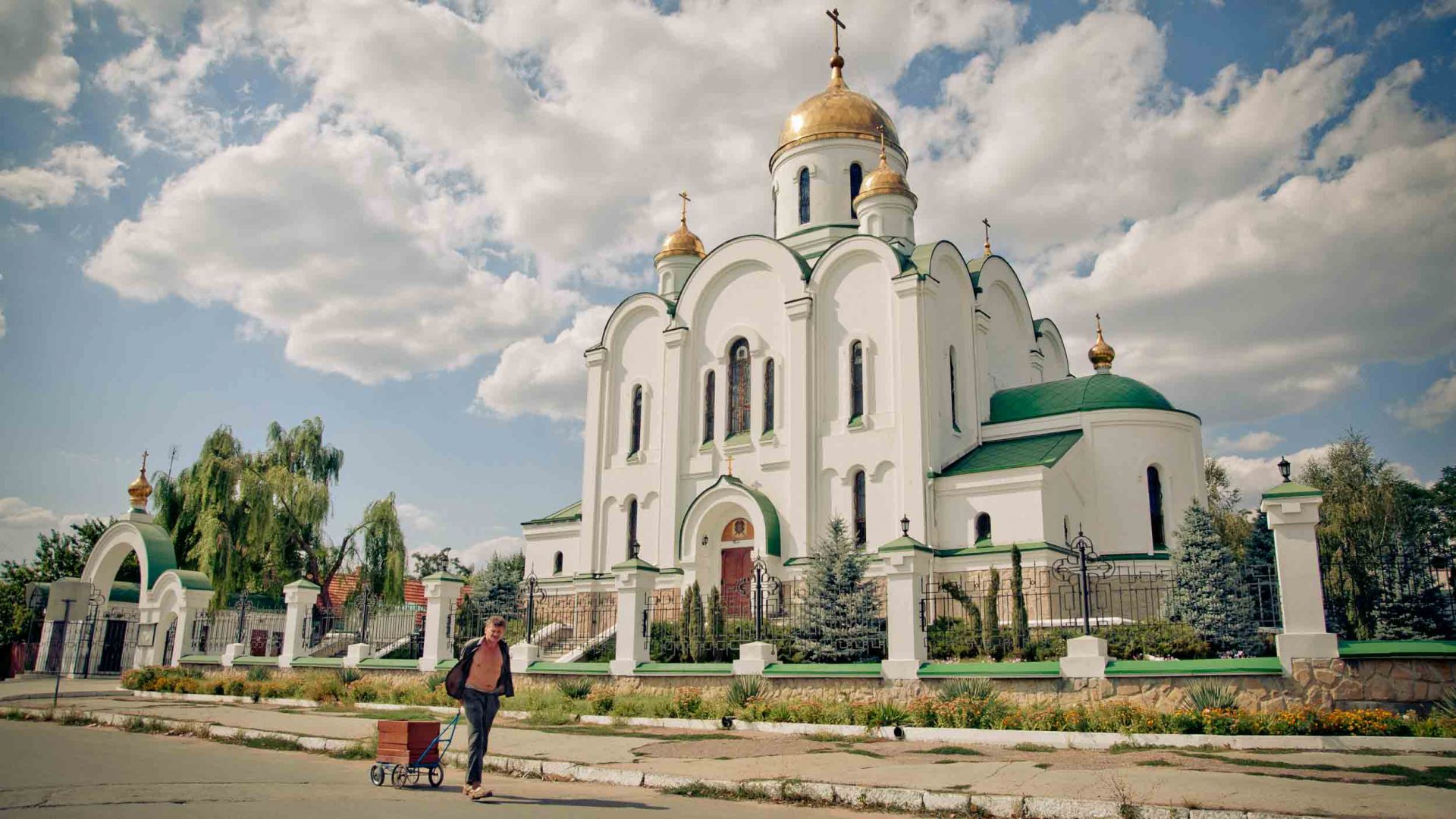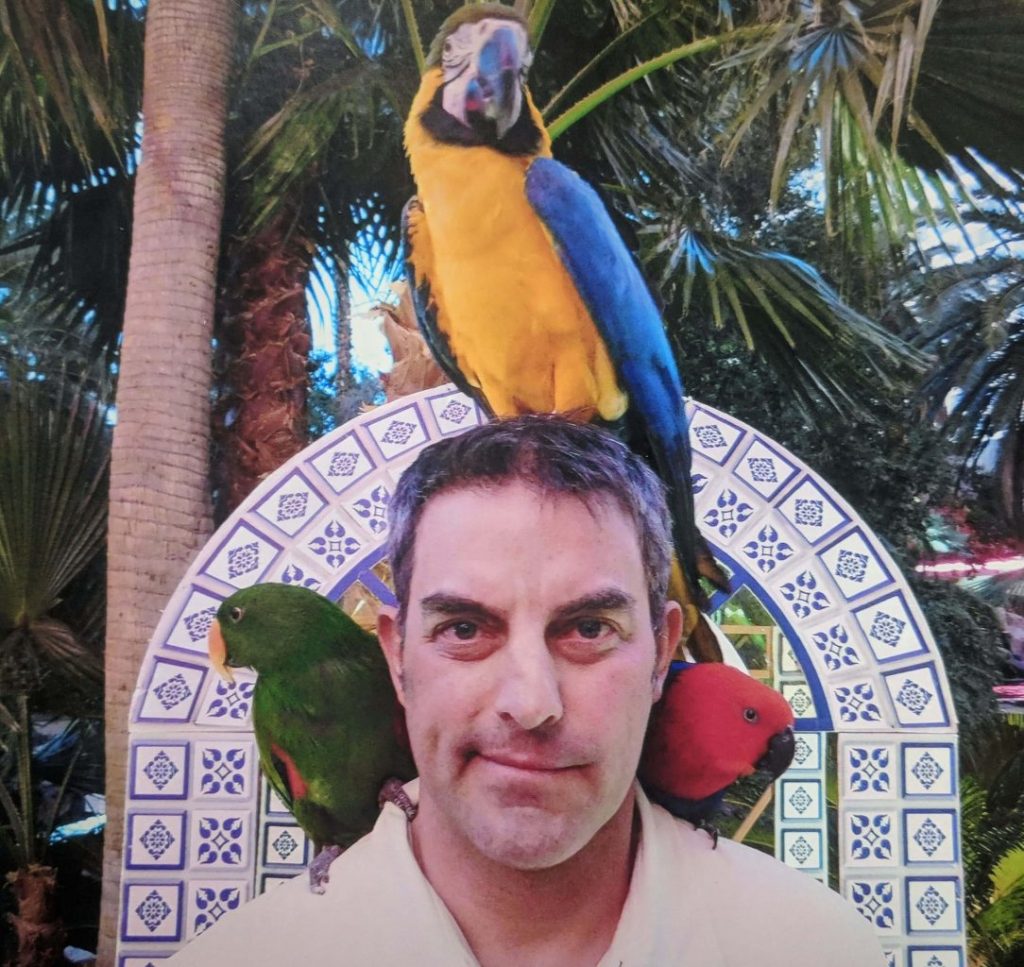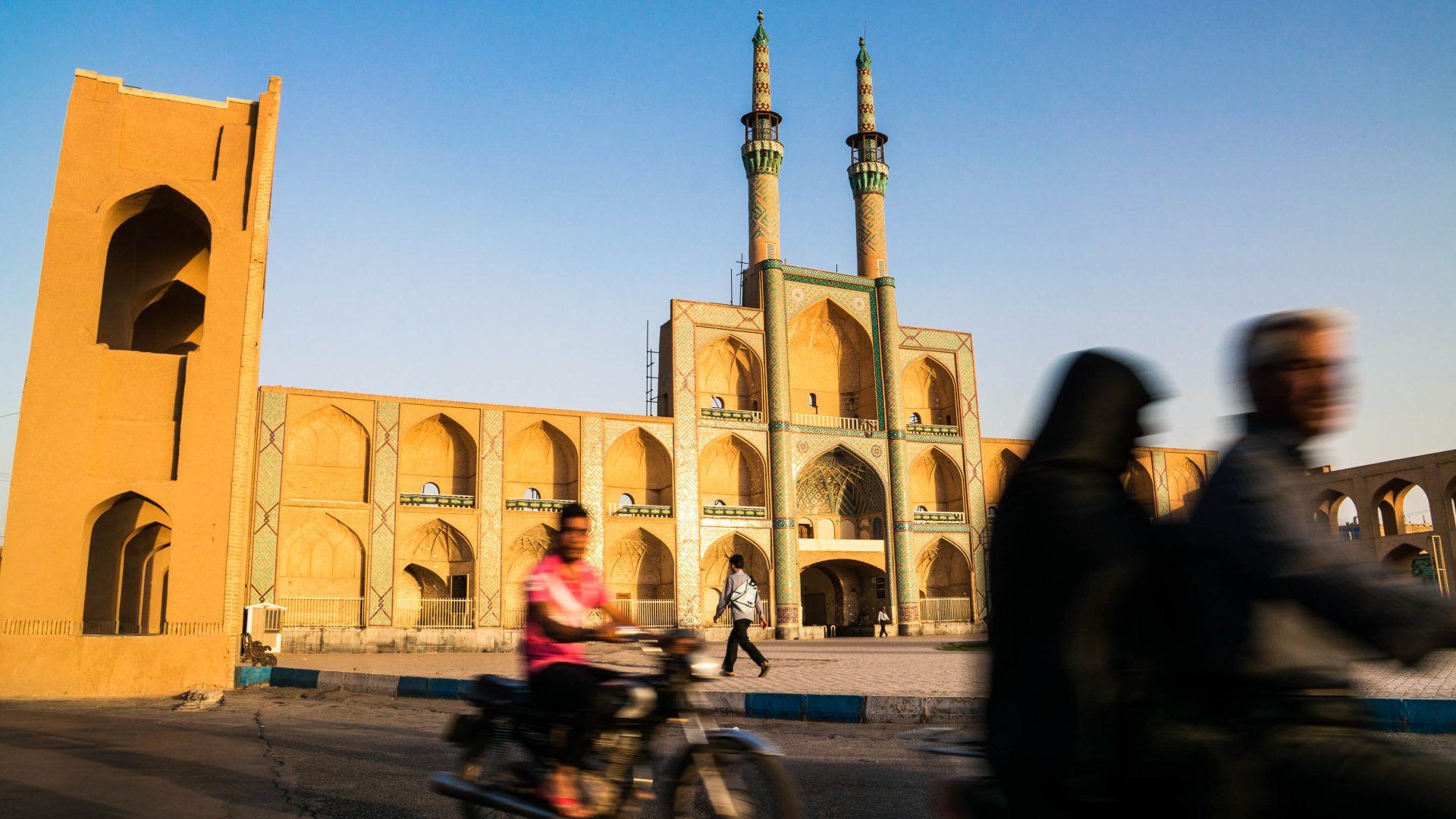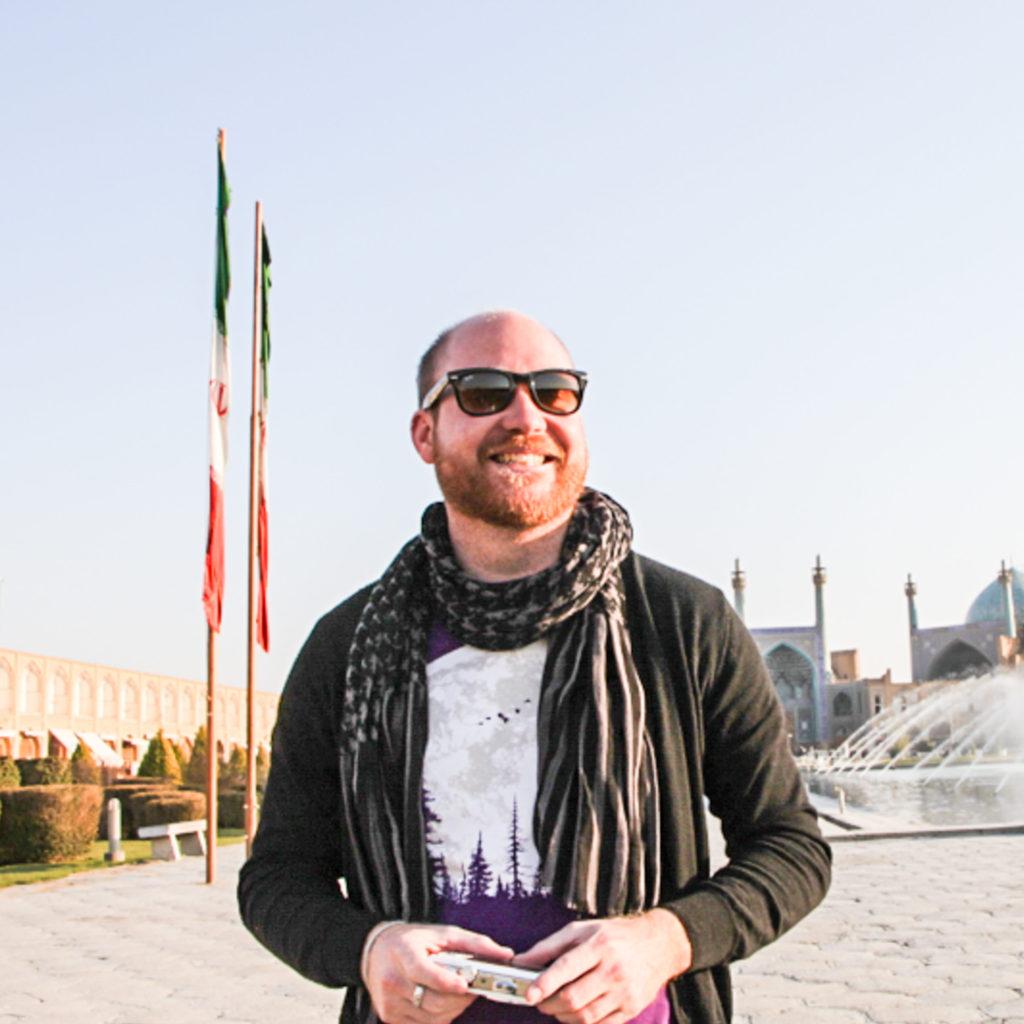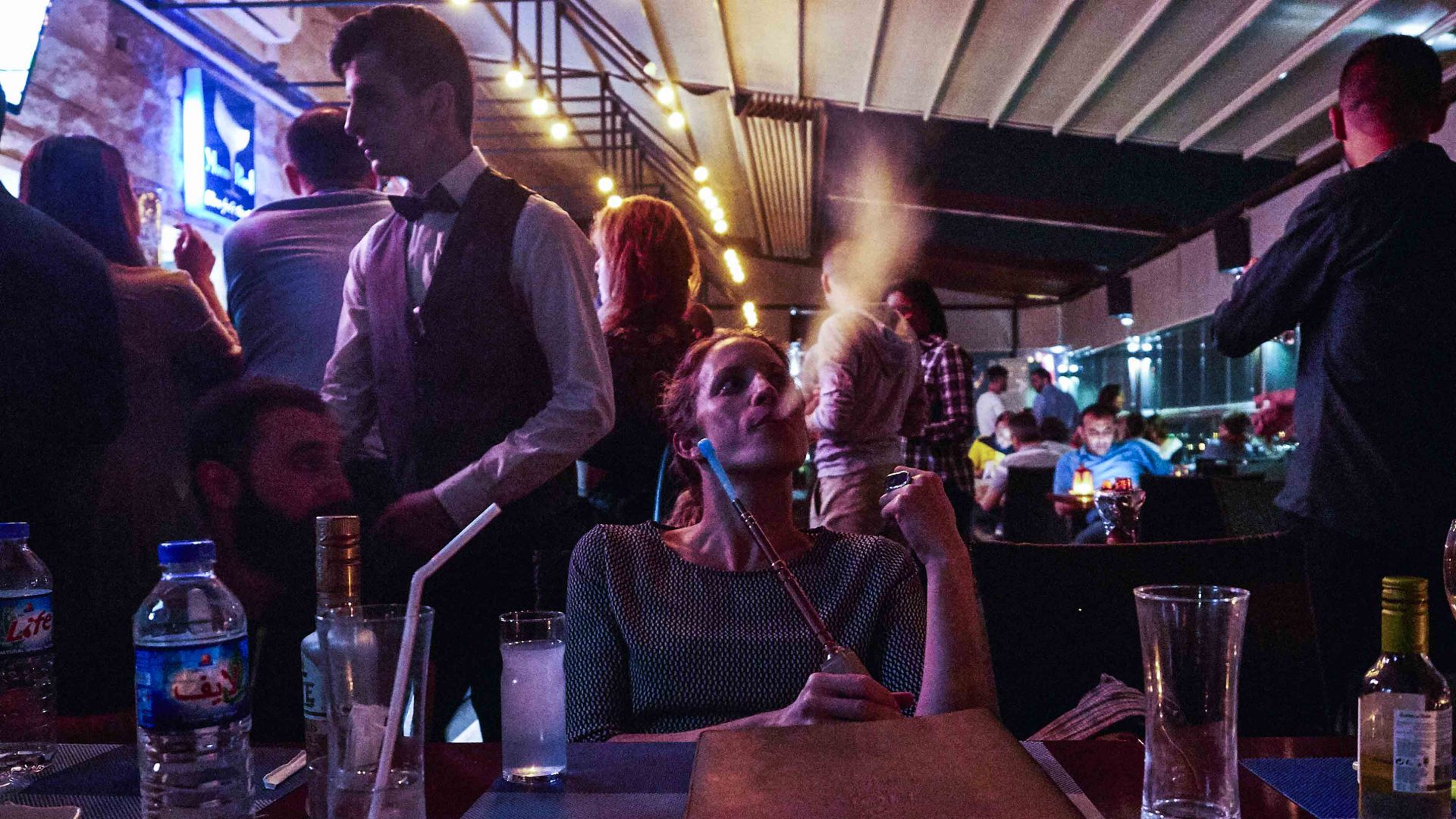Determined not to have their dreams defined by their conservative government, a new generation of Iranians are hitchhiking and couchsurfing their way to freedom. Even if, for now at least, that freedom can only be found in private.
The air in this tiny bar is thick with smoke. Ershad picks up a fluorescent marker and scrawls on the wall: “We found here because we were lost.”
The mantra captures the essence of his nomadic spirit and directionless journey: Traveling freely, discovering the unknown, finding meaning in every single second of life.
We’re in Ghalat, Iran, a hilly town outside the city of Shiraz which boasts a long history of marijuana cultivation and a famously mellow population. The seven of us, who all met over the internet, arrived here by hitchhiking.
I met Ershad through Couchsurfing.com while traveling in Tehran three years ago. Ershad met the rest of our traveling party through Instagram, and the travel stories they all post there. “We are here to spread the love,” he likes to say.
Tonight, just like so many nights, all it takes to improvise a party is a good idea; a connection between the gathered people and a bit of space to create something. An unremarkable bar with a couple of bored-looking patrons can soon be turned into a night of riotous fun—with boys and girls getting lost in music and dancing, uninhibited. Even in Iran.
RELATED: Tracing Greece’s youth ‘hippie trail’
Young people having fun is both a powerful and unusual sight to behold in Iran, a country which became an Islamic Republic after the revolution in 1979—a process that radically changed the way of life for its citizens. Since then, Sharia law has ruled, and people have had to look for their freedom in private. This led to the birth of an alternate reality—a world beyond the Iran you see in the newspapers—with values and rules that differ to those espoused by the ultra-conservative government.
Previously, Arash had been studying engineering and following his family’s diktats, before breaking free from home. “They always thought they knew what would ‘be good for me’, but they never asked me what I wanted to do,” he tells me. “For now, I have no clue about that, either, but I am not worried at all. It’s time to run after my dreams and not follow someone else’s.”
Chasing ride after ride, Arash has learned to compare the infinite road ahead with the journey of life itself. He is thinking about studying theater, someday. “I’m in no hurry to reach my destination,” he says.
Arash isn’t a fan of smartphones, but it is thanks to social media that he got to know many of the people he travels with now. In fact, it’s because of this technological transformation that life in Iran has become easier for the youth of today.
Suddenly, two soldiers burst into the encampment and begin shouting at us, shattering the harmony. The girls, wearing bikinis, have to cover up quickly and disassemble their tent (showing skin in public is strictly prohibited for women under Sharia law). They have to simultaneously put one chador up and one down—‘headscarf’ and ‘tent’ is the same word in Farsi. “Things like this make me want to leave this country so badly,” says Mahsa, one of the girls who has been dreaming about this journey for months. “I love my country, but I can’t accept these things happening all the time.”
Eventually, the soldiers leave us alone—but not before ordering us all off the island. Night falls soon after, and determined to not have this freedom ripped from us, we decide to remain on Hormuz.
Hassan leans close to Mahsa and whispers, just loud enough for me to hear: “We’re not going anywhere.”

